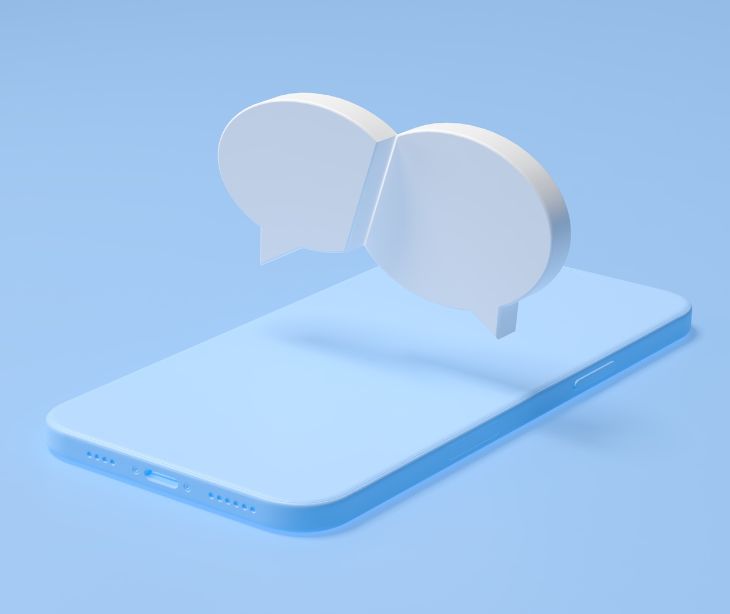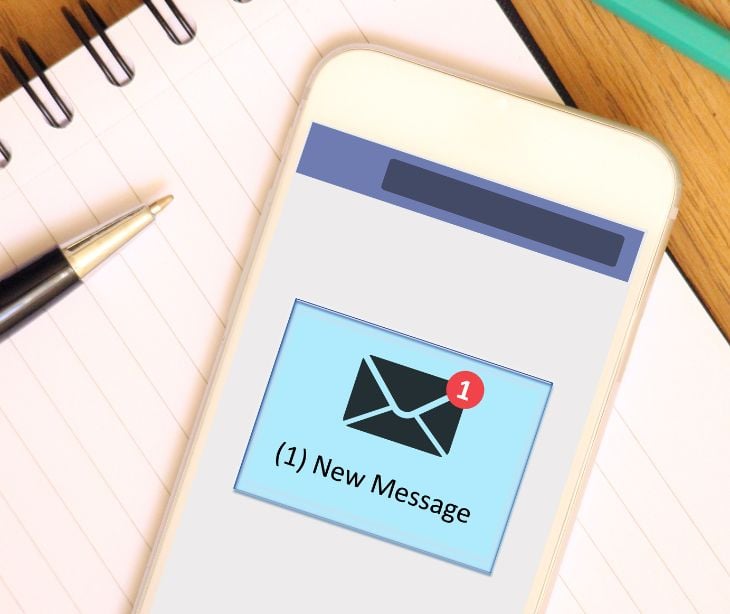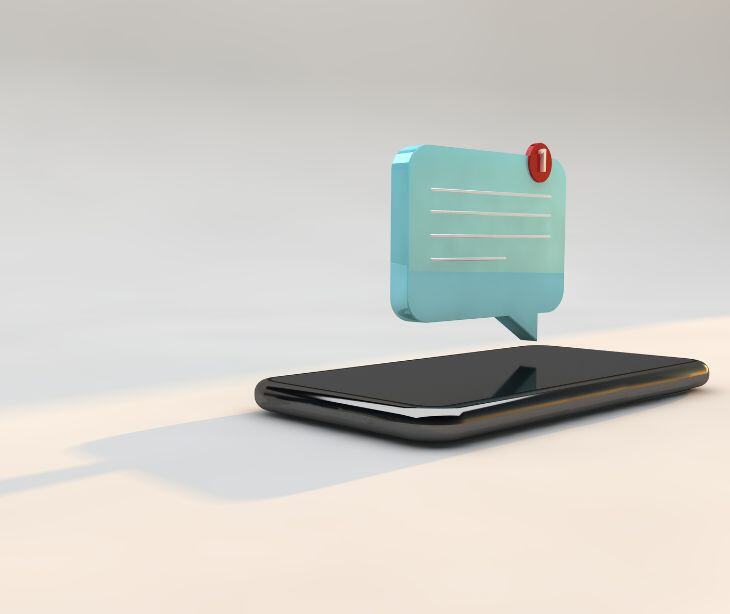2 min read
Can you include patient names in HIPAA compliant text messaging?
Liyanda Tembani
March 30, 2024

You can include patient names in text message communication under HIPAA, but it must be done with appropriate safeguards and compliance measures to protect the confidentiality and security of the patient's protected health information (PHI).
What are the HIPAA regulations?
HIPAA sets the standards for safeguarding PHI. PHI includes any individually identifiable health information, and patient names are a key element in identifying individuals. Therefore, healthcare organizations must understand how HIPAA regulations apply to text message communication in healthcare.
HIPAA consists of two rules relevant to this discussion:
- Privacy Rule: The Privacy Rule establishes the standards for protecting the privacy of individuals' health information. It governs how healthcare providers and organizations can use and disclose PHI.
- Security Rule: The Security Rule sets forth the standards for protecting the confidentiality, integrity, and availability of electronic PHI. It addresses the technical and physical safeguards required to secure PHI.
Related: What are the 18 PHI identifiers?
The role of HIPAA compliant text messaging in healthcare
Text messaging offers several advantages in healthcare communication, such as quick and convenient communication with patients, appointment reminders, and sharing test results. However, as with any form of electronic communication, there are challenges to ensuring the security and privacy of patient information.
HIPAA compliance and text messaging
Including patient names in text messages is permissible under HIPAA, but it must be done with appropriate safeguards. Additionally, "providers working in hospitals and critical access hospitals may now text patient information and patient orders among care team members without landing on the wrong side of Medicare’s Conditions of Participation," the Centers for Medicare & Medicaid Services (CMS) wrote in a recent memorandum to state survey agencies. The catch, per the notice, is that the providers must send the texts through a secure texting platform compliant with HIPAA. HIPAA requires healthcare providers and organizations to protect the confidentiality and security of PHI. When it comes to text messaging, this means:
1. Secure messaging platforms
Use HIPAA compliant text messaging platforms that encrypt the content of text messages to protect PHI during transmission. Encryption ensures that PHI remains confidential and is not accessible to unauthorized individuals. Secure messaging platforms also often include features like message expiration to further enhance security.
2. Access controls
Ensure that only authorized individuals can access the text messages containing patient names and other PHI. Implement authentication methods to verify the identity of users. Multi-factor authentication (MFA) can provide an additional layer of security by requiring users to provide two or more forms of identification before accessing PHI.
3. Audit trails
Maintain audit trails that record the activity related to the transmission of PHI via text messages. Audit logs should capture who accessed the information, when they accessed it, and what actions they performed. These logs help monitor and review any unauthorized access or security incidents.
4. Obtaining patient consent
You must always obtain patient consent to communicate via text message, especially when sending PHI. Patients should be informed about the potential risks and benefits of using text messaging for healthcare communication. Consent should be documented, and patients should be able to withdraw consent at any time.
Related: Obtaining patient consent for text message communication
5. Business associate agreements (BAAs)
If using third-party texting services, ensure that business associate agreements (BAAs) are in place with these service providers. Business associates are entities that handle PHI on behalf of covered entities, and they are required to comply with HIPAA regulations. The BAA outlines the responsibilities of the business associate in protecting PHI.
FAQs
Can healthcare providers use popular messaging apps for patient communication under HIPAA?
Using popular messaging apps may pose risks to HIPAA compliance due to potential security vulnerabilities. Healthcare providers should rely on specialized, HIPAA compliant text messaging platforms like Paubox to ensure the secure transmission of patient names and other PHI.
What steps should be taken if a healthcare organization discovers unauthorized access to text messages containing patient information?
Healthcare organizations must thoroughly investigate the incident and take corrective actions. This includes notifying affected individuals and reporting the breach as required by the HIPAA Breach Notification Rule.
Are there any restrictions on the devices that healthcare professionals can use for text message communication under HIPAA?
HIPAA does not explicitly mandate specific devices for text message communication. However, healthcare providers must ensure that the chosen devices comply with security measures outlined in the Security Rule.
Subscribe to Paubox Weekly
Every Friday we bring you the most important news from Paubox. Our aim is to make you smarter, faster.




